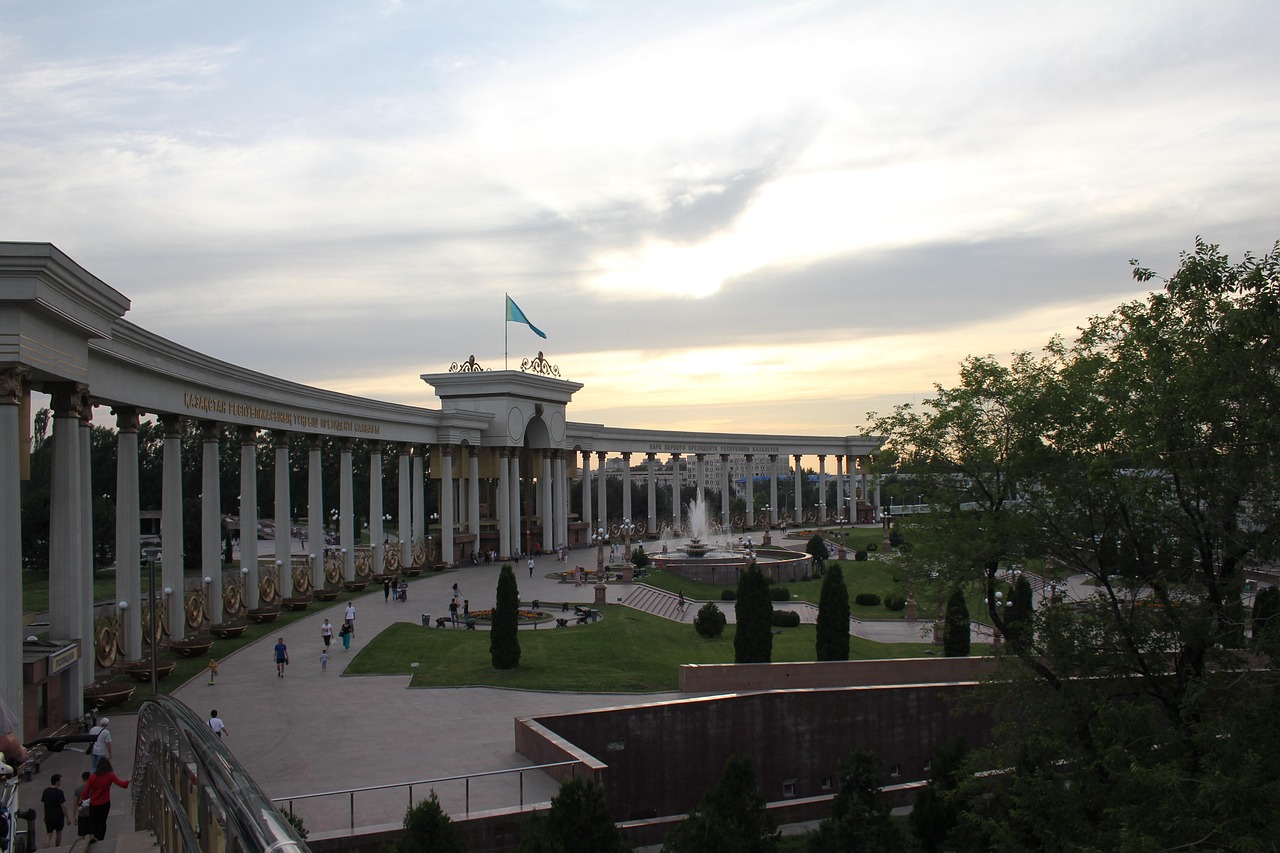The AI startup Anthropic has added a memory feature to its Claude AI, designed to automatically recall details from earlier conversations, such as project information and team preferences.
Initially, the upgrade is only available to Team and Enterprise subscribers, who can manage, edit, or delete the content that the system retains.
Anthropic presents the tool as a way to improve workplace efficiency instead of forcing users to repeat instructions. Enterprise administrators have additional controls, including entirely turning memory off.
Privacy safeguards are included, such as an ‘incognito mode’ for conversations that are not stored.
Analysts view the step as an effort to catch up with competitors like ChatGPT and Gemini, which already offer similar functions. Memory also links with Claude’s newer tools for creating spreadsheets, presentations, and PDFs, allowing past information to be reused in future documents.
Anthropic plans a wider release after testing the feature with businesses. Experts suggest the approach could strengthen the company’s position in the AI market by offering both continuity and security, which appeal to enterprises handling sensitive data.
Would you like to learn more about AI, tech and digital diplomacy? If so, ask our Diplo chatbot!










